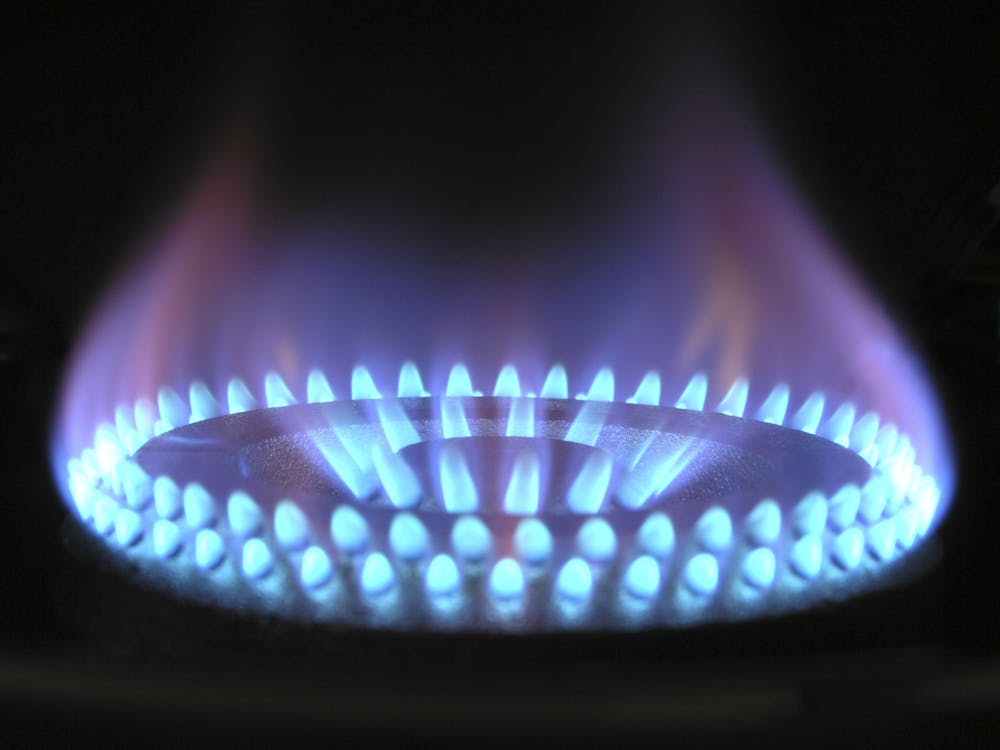How do you detect gas leaks in your place?

Here are some Key Actions to detect gas leaks in your place or house:
Use Your Senses:
One of the most apparent signs of a gas leak is the smell. Natural gas is odorless, but gas companies add a distinctive odor to it, often described as "rotten egg" or sulfur-like. If you smell this odor, don't ignore it.
Listen for Hissing Sounds:
Sometimes, gas leaks can produce a hissing or whistling sound. If you hear an unusual noise near a gas appliance or line, investigate it immediately.
Check for Physical Symptoms:
Exposure to natural gas can cause physical symptoms like dizziness, nausea, headaches, or breathing difficulties. If you or your family experience these symptoms and suspect a gas leak, leave the area immediately.
Look for Dead Plants:
If you have indoor plants, watch for signs of wilting, browning, or dying. Gas leaks can affect the oxygen levels in the air, harming plants first.
Use a Gas Leak Detector:
Gas leak detectors are readily available and can be used to detect gas concentrations in the air. Follow the manufacturer's instructions for proper use.
Inspect Gas Appliances:
Regularly check your gas appliances for any visible damage, loose fittings, or disconnected gas lines. A soapy water solution applied to connections can help identify bubbles, indicating a leak.
Review Your Gas Bill:
A sudden and unexplained increase in your gas bill could be a sign of a gas leak. Gas leaks often lead to wasted gas.
Ventilation:
Ensure your home is well-ventilated. Proper airflow can help dissipate any gas that may accumulate.
Install Carbon Monoxide Detectors:
Gas leaks can also produce carbon monoxide, an odorless but deadly gas. Place carbon monoxide detectors in your residence, particularly in proximity to sleeping quarters.
Leave the Area:
If you suspect a gas leak, evacuate your home immediately. Do not turn on or off any electrical appliances, as a spark could ignite the gas. Use a neighbor's phone to call your gas company and emergency services.
Now you know how you can detect gas leaks in your place, but remember, gas leaks are emergencies and require immediate action. Don't attempt to fix a gas leak yourself; leave it to trained professionals. Regular maintenance and inspections of your gas lines and appliances can also help prevent gas leaks in the first place.